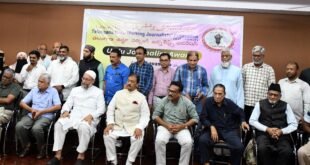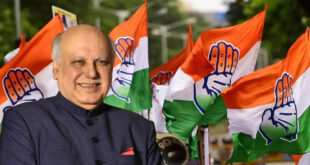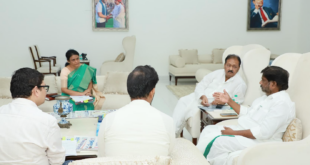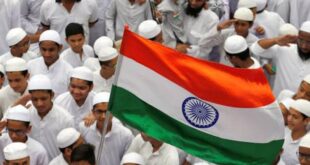Asad Mirza
Based on a response by the HM in the parliament recently, some people have started saying that the government is taking a step back and bowing to pressure of anti-CAA protestors is ready to change tacks.
Replying to a question in the Rajya Sabha on Delhi violence, the HM said that ‘NO’ one would be marked ‘Doubtful’ during the NPR, in case he or she is unable to provide the information sought. As per his statement all information is voluntary, no document would be sought and nobody should fear the NPR. He assured members of the Opposition that he was open and ready for discussions with them on the matter. However, no one has noticed that the Opposition so far has not taken up the offer by the HM and no meeting is slated between the two in the near future.
In effect, Minister Shah seemed to be reaching out, for the first time, to meet the criticism and apprehensions that data collected under the NPR would be weaponised subsequently by the NRC, which would result, in vulnerable citizens in particular Muslims first and later minorities later, losing their citizenship. Minister Shah’s assurance is welcome, but it isn’t enough. He could have said that there will be no NRC. So this also seems a ploy by the government to just further muddy the waters instead of coming out clean on the NPR-NRC-CAA trio.
Another reason why people should be sceptical about HM’s statement is that state assemblies, including those under the control of BJP allies such as Tamil Nadu, have decided to take an unequivocal stand against the NPR. The Tamil Nadu government has announced that it will be putting the NPR on hold. When even the allies of the BJP do not trust the central government, there could be no reason for others to believe.
Indians should be very clear about the chronology of the trio and real aim behind this. The whole process has FOUR stages. First, personal details of every Indian citizen will be collected by the NPR enumerators, to be completed along with the Census exercise, a ploy to hide that under which head the said information is being collected. Second, once the information is collected, any one can raise objections to details of any other citizen, in most cases it would be done by low-level government officials, in addition to personal data of every citizen being displayed publicly. At third stage, once the ‘Doubtful citizens’ have been identified, they’ll be denied inclusion into the NRC and moreover asked to prove their citizenship, which at the fourth stage will be denied to them under the CAA.
Even a child can understand the flow of information and actions pursuant to information sought, but so much has been hidden from the common citizen and so much confusion has been created that no one is ready to understand the planning besides the Muslims and secular people of the country. All the ‘bhakts’ are only parroting the government’s version.
Leading social and political activist Yogendra Yadav correctly says that the Home Minister Shah has given one misleading statement after another and so has Prime Minister Narendra Modi. He further added that in fact, the Allahabad High Court has recently issued a notice to the central government on a plea, which questioned the exact format of the proposed NPR. According to Yadav to assuage public concern regarding the ‘Doubtful’ category government must suitably amend Rule 7(2) and 17 of the 2003 Citizenship and notify it immediately as only that will establish on record that what the HM says will indeed be carried out, as his assurances in Parliament are not legal or constitutional. In another of his articles Yadav argues that states who fail to implement the centre’s diktat on NPR, could face dismissal under Art 356. He consuls that to avoid this, states should pressurise the central government to ensure that the data will not be used for NRC and also insist on building more precautions to ensure that the sanctity of the Census and its own legal obligations are not violated.
There could be delay to the NPR exercise, as due to the Corona pandemic, the Health Ministry is considering asking the government to delay the Census and NPR enumeration. This could perhaps be a boon in disguise for the anti-CAA protestors, who could in the extended time try to fortify their case more strongly for the courts, besides generating public opinion against the controversial law and also trying to influence the judiciary through both the legal and debate process.
The need of the hour for the Muslim community is to engage at a much broader level with like minded secular Indians and minority leaders, to finalise a strategy on how to fight this battle on constitutional grounds not a political one.
—ends—
Asad Mirza
Asad Mirza is a Sr journalist based in New Delhi.
In his career spanning more than 20 years, he was also associated with BBC Urdu Service and Khaleej Times of Dubai.
He writes on Muslims, educational and international affairs issues.
Email: asad.mirza.nd@gmail.com
 Gawah (The Witness) – Hyderabad India Fearless By Birth, Pristine by Choice – First National Urdu Weekly From South India – Latest News, Breaking News, Special Stories, Interviews, Islamic, World, India, National News
Gawah (The Witness) – Hyderabad India Fearless By Birth, Pristine by Choice – First National Urdu Weekly From South India – Latest News, Breaking News, Special Stories, Interviews, Islamic, World, India, National News





